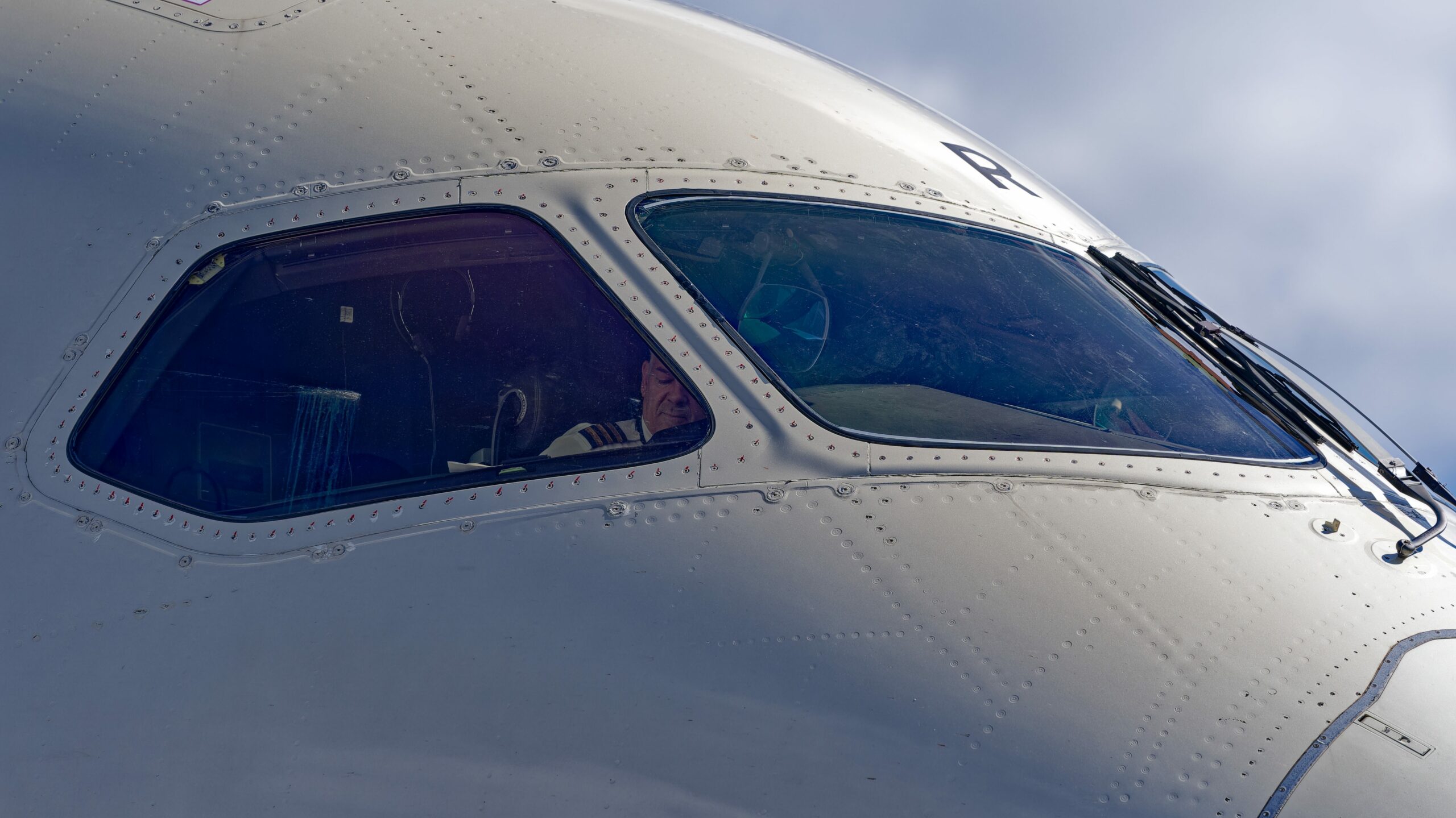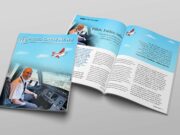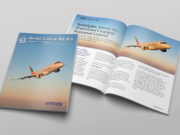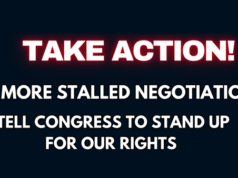
Over the past few days, pilot forums have been buzzing with information and misinformation about Age 67. Some have called it a “done deal.” But as reported earlier today, Age 67 is not even officially part of the Federal Aviation Reauthorization Act yet. So how far along is it?
What is “Age 67”
Age 67, a piece of legislation introduced by Republican Lindsey Graham, seeks to raise the pilot retirement age from Age 65 to Age 67. The Regional Airline Association (RAA) supports the legislation. Labor unions strongly oppose the legislation. The legislation also faces criticism from major airlines, the White House, and other Democrats. Supporters seek to include “Age 67” in the upcoming FAA Reauthorization Act, which is currently under development in Congress.
What Are the Arguments for and Against?
Age 67 is heavily contested by labor Unions who unanimously vigorously oppose age 67. The Allied Pilots Association, Air Line Pilots Association (ALPA), Teamsters, and Southwest Airlines Pilots Association have all sent open letters to Congress opposing the legislation. ALPA President Jason Ambrosi wrote, “It has been argued that changing the retirement age will increase the supply of pilots. Rather, it will likely increase the cost of pilots for air carriers, as pilot utilization for older pilots is relatively low.” Local referendums have been introduced within ALPA, challenging the union's stance on Age 67. Airline pilots have voted repeatedly to reject the referenda, directing the union to continue to oppose Age 67. The AFA, the U.S. largest flight attendant union, pledged it “will do everything in our power to strip from the bill the age 67 pilot retirement amendment.” Labor Unions are unified in opposition to age 67.
The White House has also opposed the sudden implementation of a higher pilot retirement age. Today, the White House said, “Making this change without doing research and establishing any necessary policies would be outside the international standard.” The viewpoint aligns with the Allied Pilots Association (APA). Capt. President of the APA, Ed Sicher, stated, “Health concerns such as cognitive decline, cardiovascular disease, and diabetes become more prevalent as we age — something that has been studied extensively and demonstrated by American Airlines' own data.” The White House does not back the legislation in its current form.
Major Airlines have also expressed concern. Scott Kirby, the CEO of United Airlines, has specifically spoken out. Per Kirby, during an interview with MSNBC, 36 percent of United Airlines' 64-year-old pilots were on short-term or long-term sick leave. Capt. Ed Sicher, President of the APA, American Airlines, has one in three near age 65 on long-term sick or disability. Major Airlines have concerns.
Proponents of Age 67, such as the RAA, claim the legislation would ease a pilot shortage. Per supporters, the bill would slow pilot hiring and help airlines, particularly regional airlines, sustain operations. Some aged 60 and older airline pilots also independently support the legislation. Many of them would stand to benefit. The bill would allow them to retain high-salaried positions and high-valued seniority for up to 2 more years. It would allow them, should they be placed on long-term disability, to receive disability benefits (up to approximately $13,000 per month at United Airlines) for two additional years. Proponents seek to ease the pilot shortage on a regional level or support themselves.
What Are the Main Concerns?
Age 67 is a major disruption to the airline industry. If passed, major airline pilots could see unprecedented downgrades, seniority, and collective bargaining challenges. ICAO rules prevent pilots 65 and older from airline operations in international airspace. Under Age 67, major airline pilots aged 65 and older cannot conduct international airline flying. They would likely need to downgrade to primarily domestic fleets. Airlines would simultaneously need to develop domestic-only schedules, and some younger captains could face displacement amid the downgrades. From a training perspective, it would create thousands of costly training events. With less training availability, major airlines may slow hiring. From a collective bargaining perspective, it would force unions and airlines to reopen costly negotiations to tackle displacements and domestic-only bidding. Age 67 represents a first for many challenges in the U.S. airline industry.
Some supporters of Age 67 claim ICAO would raise their retirement age to 67 as well, averting many of the unprecedented challenges. There is no precedent for this claim. The U.S. has increased its pilot retirement age in this century, but that aligned them with ICAO's preexisting age 65 policy. Other countries, such as Japan and Australia, have pilot retirement ages higher than 65. ICAO did not adjust its age 65 policy to accommodate them. Instead, those pilots are restricted to primarily domestic-only services in these countries. ICAO has yet to hint at being open to reconsidering its age 65 policy to accommodate a select few American pilots.
There is concern that age 67 poses unknown and unstudied risks to safety. The executive branch stated today, “Making this change without doing research and establishing any necessary policies would be outside the international standard.” There has not been a study to address the risks associated with raising an American pilot's retirement age to 67. Pilots face routine medical exams. The exams become theoretically more stringent as a pilot ages. Alongside the White House, many critics, including the APA, claim the current FAA medical system does not consider challenges above age 65. It is unclear whether more stringent medical requirements need to be developed for pilots age 65 and older.
What will happen next?
Where will the legislation go from here? Age 67 will be debated in Congress. Age 67, if approved, would be part of the much larger FAA Reauthorization Act due in September. Per the Dallas Morning News, the Republican-controlled house must still take up the bill once it is scheduled. The bill may then be added its version of the FAA Reauthorization Act. The Senate Commerce Committee still needs to finalize its markup of the bill. Once the Democrat-controlled Senate considers its own version of the bill, any differences can be debated between the two chambers. Age 67 is likely to face harsher criticism in the Democratic Controlled Senate. Age 67 appears to be a party-line issue with Republican Lindsey Graham having introduced the legislation and the White House having directly spoken out against it. If Age 67 is added to the FAA Reauthorization Act and passes Congress, it is unlikely the Executive Branch would veto the entire FAA Reauthorization Act over Age 67 alone. All that is certain is that it will be heavily contested over the next 4-6 weeks.
What may happen is uncertain. Age 67 may be added to the FAA Reauthorization Act and pass unchanged. Given the immense opposition, it is equally possible that age 67 is stripped from the FAA reauthorization act altogether. A compromise could also be met where the door is opened for Age 67. However, it may only be implemented once a risk assessment is conducted and potential new medical requirements are established. Whatever may happen will likely not be certain until September, when Congress is expected to pass the next FAA Reauthorization Act.























































